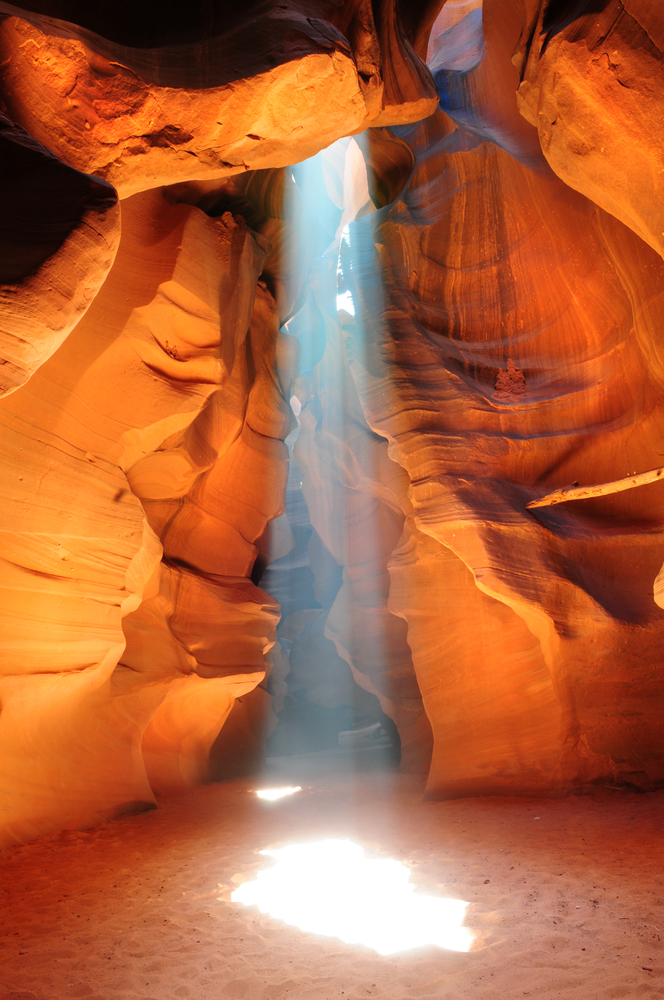The word spirituality fills me with anxiety. As the member of our department of religious studies who teaches contemporary religion, (New Age, popular culture, Asian religion in America, that sort of thing…) I should be a spirituality expert, ready to use the word as a clever retort for my cynical family members, as a piece of sage advice for my sincere, confused graduating majors, or as a contextualizing quote for the religion writer from our local paper.

